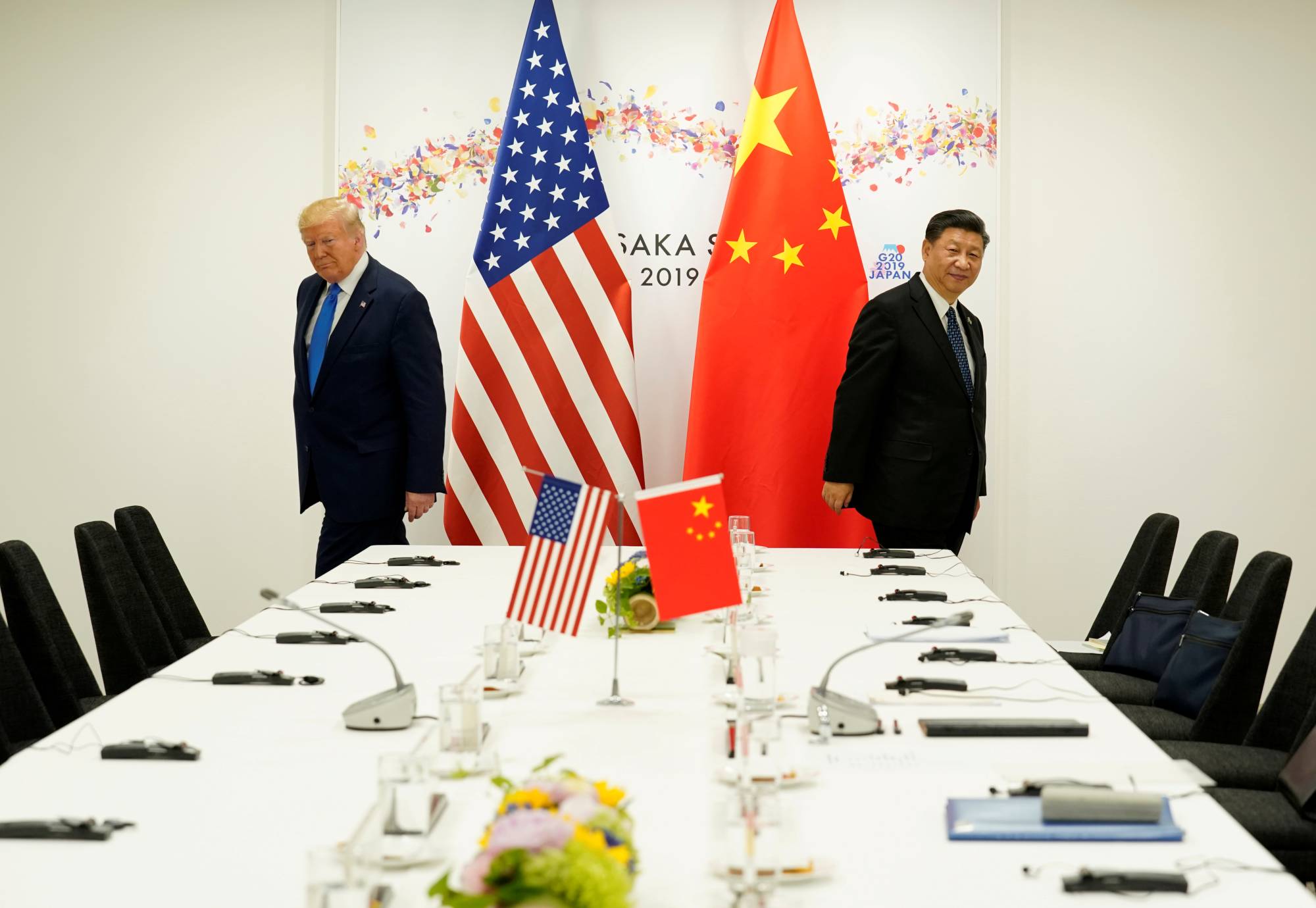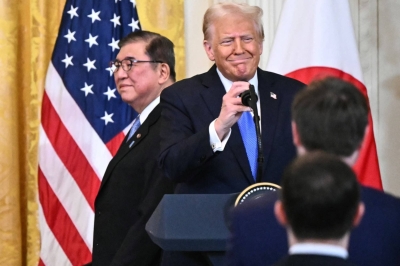It wasn’t supposed to be like this. Research — and there is a lot — had confirmed the superiority of democratic systems in responding to catastrophes and crises. Yet as the COVID-19 outbreak spread, many, if not most, of those democracies fumbled the moment and autocratic regimes seemed better able to contain and roll back the pandemic. That revisionist assessment leads to dangerous conclusions; fortunately, it aligns only superficially with events of the last year. A more critical look reveals very different lessons, some of which may be just as troubling, however.
Economist Amartya Sen first argued that the impacts of natural-disaster catastrophes are the product of specific political conditions, namely, an absence of democracy. Freedom of speech and independent media allow information to circulate better in a democracy; voters use that information to hold their government accountable for its actions, ensuring a better response.
Initial reports about the COVID-19 outbreak confirmed half the thesis: The coverup of events in Wuhan — including the silencing of doctors who feared that a new disease was emerging — allowed the coronavirus to spread and the insulation of government from public pressure allowed local officials to ignore or downplay the unfolding disaster. Those initial missteps were critical. One study estimated that if Beijing has acted three weeks sooner, a quick response by China could have cut the incidence of the disease by 95 percent and prevented the pandemic. Still, China was ultimately successful in containing the disease, undercutting the argument that authoritarian systems would fail such tests.


















With your current subscription plan you can comment on stories. However, before writing your first comment, please create a display name in the Profile section of your subscriber account page.